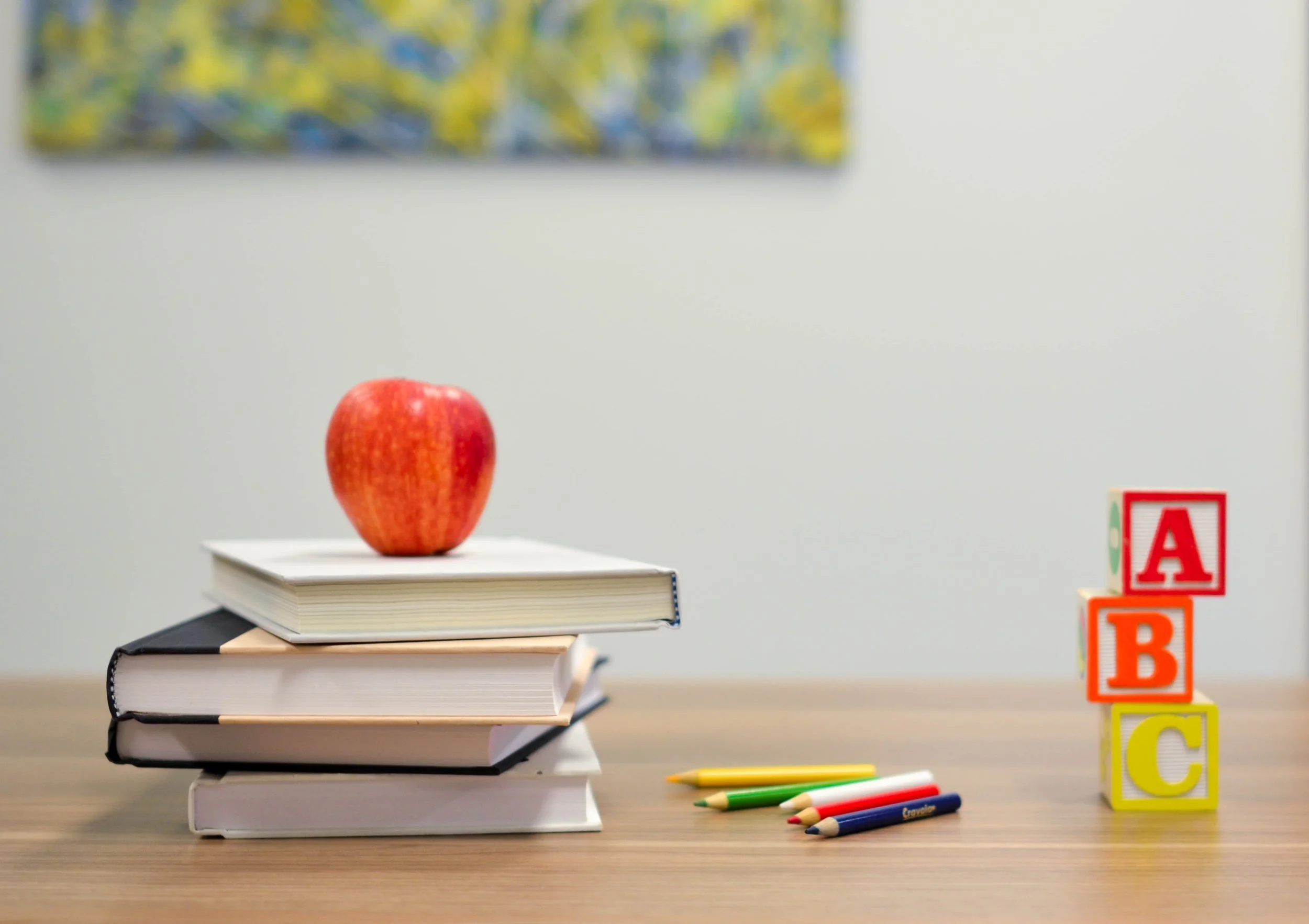Sensory-Motor Neuro Rehabilitation Learning Disabilities Treatment
When we think of learning disabilities, we think of problems with reading, writing, mathematics and attention. We may also think of social or behavioural issues that impact learning. All of these complex functional abilities rely on our brain’s higher centers being able to do their jobs properly. All learning is impacted by the readiness of the nervous system to learn. Sensory-motor neuro rehabilitation can help prepare and/or reset your body and brain to learn.
In order to learn, we must interact in some way or another with our environment or our own body. The sensory systems allow us to take in information from both. This information is then filtered before being processed in our highest centers. If something altars the effectiveness of this flow of information and our body’s systems don’t work as a team, the result we often see is a learning disability. The exciting news is that we now have ways to assess and rehabilitate these systems in order to allow higher learning to be achieved. We can now identify people whose deficient sensory-motor systems are significantly contributing to their learning difficulties. A physiotherapist trained in this field of work can help assess and treat children and adults in order to get their bodies to be primed for learning.
Sensory-Motor Neuro Rehabilitation for Learning Disabilities
Sensory-motor rehabilitation can help restore the balance of these systems in order to allow them to work in alignment and harmony and to allow for higher learning to be achieved. Rehabilitation may include but is not limited to: recommendations; education on the body and how it works for learning; linking the vestibular, visual, proprioceptive, auditory and tactile systems; linking sensory and motor systems; integrating reflexes; communications and collaboration with other healthcare professionals, teachers and parents; etc. Rehabilitation programs will likely require a home exercise program that needs to be practiced several times a week for success of treatment. Repetition and practice is required to make brain change. This type of rehabilitation is founded from multiple sources of research and clinical experience working in an interprofessional team.
Who?
Children and adults who experience learning difficulties who have not been diagnosed with a neurological disorder affecting intelligence (i.e. Cerebral Palsy or Down's Syndrome).
What?
The client will have access to a trained physiotherapist to assess and treat sensory-motor issues that may impact learning. The physiotherapist and client/parents will outline their goals and priorities in order to best suit the needs of each individual and will ensure communication with other healthcare professionals (see below).
What to expect?
Clients will be seen on a one-on-one basis with all therapies required based on their individual goals and needs. An assessment is required to discover or rule out sensory-motor issues specific to goals and functional/learning issues. Assessment and therapy is offered in 30, 45 or 60 min appointments based on the tolerance and/or goals of the clients. Both in-home and in-clinic appointments are available.
How do I start?
If you are interested in this service, please contact the clinic. Our Clinical Lead will speak to you directly, triage your information, and help determine if an assessment would be warranted given the information provided. If so, an appointment will be offered for an assessment. Once you meet with a therapist, she will complete an assessment and will discuss the results and the treatment options available to you should there be goals to meet. Assessment can require from 1 to 3 hours of assessment time to complete. Should no sensory-motor issues be noted, no further appointments will be required, however, other recommendations may be made.
Access to a collaborative interprofessional team qualified in learning disabilities
We also collaborate with many other professionals in the community:
Neuro-developmental optometrists
Neuro-psychologists
Teachers and other school personnel
Assistive technology specialists
Educational advocates
Others
Read more:

